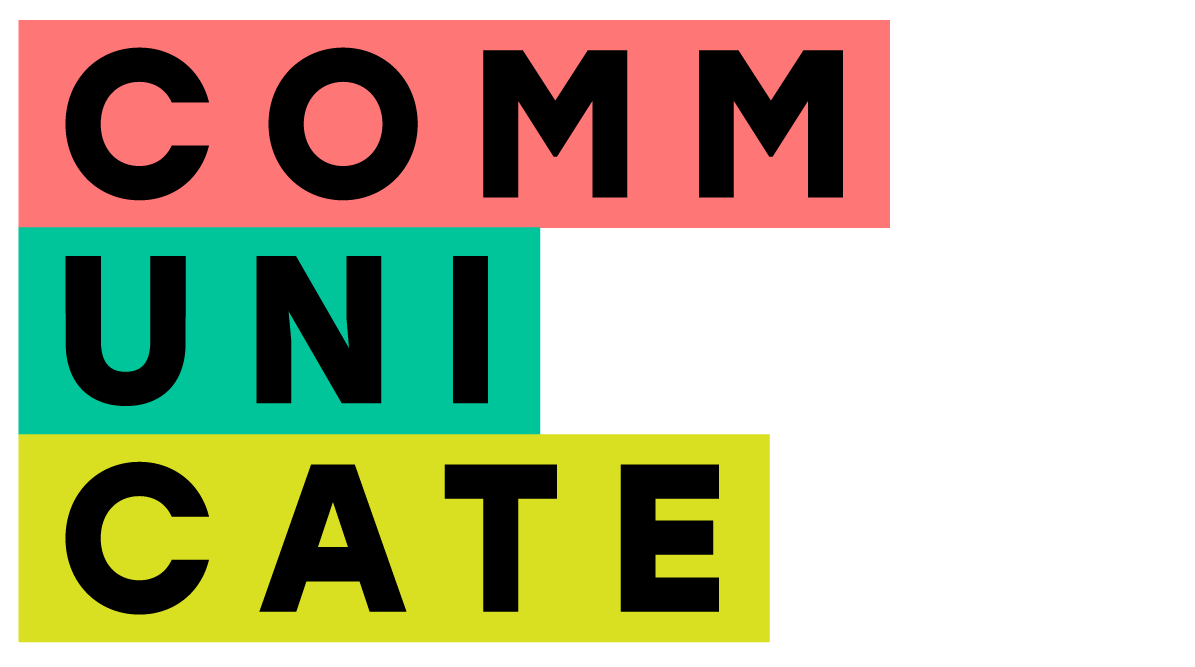Celebrating Pride Month 2023 in the workplace
Diversity, equity and inclusion (DEI) are each at the heart of Pride Month and are values celebrated in the LGBTQIA+ community.
While celebrating progress and promoting DEI in the workplace, we must also recognise the challenges that LGBTQIA+ individuals encounter in their daily lives. A better understanding of the LGBTQIA+ community would help in pinpointing areas for improvement in your organisation’s DEI strategy, whilst striving for a holistic approach in fostering a supportive and inclusive environment for all.
1. Legal Advancements and Achievements
The UK has made significant strides in advancing LGBTQIA+ rights over the years. The decriminalisation of homosexuality in 1967 marked a pivotal moment, leading to subsequent legislative changes. The legal recognition of same-sex relationships, the Equality Act of 2010, and the Gender Recognition Act of 2004 were critical steps towards safeguarding the rights of LGBTQIA+ individuals. These milestones have provided protection against discrimination and promoted equal opportunities in various areas of life, including employment.
2. Persistent Challenges
While progress has been made, challenges persist for the LGBTQIA+ community in the UK. Some key issues include:
· Discrimination and Harassment: LGBTQIA+ individuals still face discrimination and harassment in various contexts, including the workplace. Prejudice and bias can lead to lower employment rates, wage disparities, and limited career advancement opportunities for LGBTQIA+ employees.
· Mental Health Disparities: There have been higher rates of mental health challenges within the LGBTQIA+ community. Minority stress, resulting from societal stigma and discrimination, contributes to these disparities. It is crucial for workplaces to prioritise mental health support and resources for LGBTQIA+ employees.
· Transgender and Non-Binary Rights: Transgender and non-binary individuals often face unique challenges related to legal recognition, healthcare access, and societal acceptance. Addressing these issues requires a comprehensive approach that includes legal reforms, education, and fostering inclusive workplaces that affirm gender diversity.
· Intersectionality: It is important to recognise that the struggles faced by LGBTQIA+ individuals are compounded by intersecting identities, such as race, ethnicity, disability, and socioeconomic status. Intersectionality must be considered when developing DEI initiatives to ensure inclusivity for all employees.
3. Workplace Inclusivity and Support
Creating an inclusive workplace environment requires concerted efforts from employers. Here are some key steps organisations can take:
· Diversity and Inclusion Policies: Companies should have robust policies in place that explicitly prohibit discrimination based on sexual orientation, gender identity, or gender expression. These policies should outline the reporting mechanisms for incidents and provide support to employees who experience discrimination.
· Sensitisation and Training: Implementing training programs that foster understanding and empathy towards LGBTQIA+ individuals are essential. This includes addressing unconscious bias, educating employees on proper terminology such as inclusive language, and promoting respectful communication. Adding pronouns to email signatures is one way to prevent misgendering and can enable non-binary and transgender individuals to feel seen and accepted.
· Inclusive Benefits and Support Systems: Employers should review their benefits packages and ensure they are inclusive of LGBTQIA+ employees' unique needs, such as healthcare coverage for gender-affirming treatments. Creating support systems like Employee Resource Groups (ERGs) or affinity groups can provide a sense of community and facilitate mentorship opportunities.
· Allies and Advocacy: Encouraging allies to actively support the LGBTQIA+ community is crucial. Allies can champion LGBTQIA+ rights within the organisation, amplify diverse voices, and advocate for inclusive policies and practices.
4. Amplifying LGBTQIA+ Voices and Celebrating Pride
Pride Month serves as a platform to amplify LGBTQIA+ voices, honour their achievements, and raise awareness of ongoing challenges. It is important that we choose to make an effort in amplifying the voices within the LQBTQIA+ community every day, as we continue to develop a DEI strategy that is ever-growing.
For additional information and support surrounding DEI initiatives, please reach out to our team by booking a call or sending us an email: hello@communicateinclusively.com
